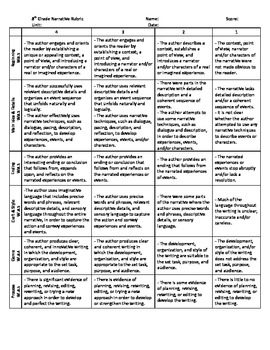
If you’re still stumped, looking through some short story ideas or writing prompts for inspiration. Want more dialogue writing tips? We've got a free course for that. These little snippets can serve as the genesis of a story, or could even make it in verbatim as inspiration for your dialogue. Pay extra attention to the news, the stories your friends tell you, and all the things that go on around - it will surely serve you well when it comes to brainstorming a story. It’s not just your own life you can take inspiration from either. Whether these experiences are the basis for a story or function as a small piece of embellishment, they can save your imagination from having to do all the heavy lifting. After all, something you overhear in a conversation between your aunties could be perfect short story fodder - as could a colorful character who turns up at your workplace. Writers these days often have a document open in their phone’s notes app to remember things that might spark their imagination at a later date. If there’s a funny story you always reach for at a party or a family dinner, you could repurpose for a piece of writing or let it serve as a launchpad for your imagination. While you might not have lived through an epic saga akin to Gulliver’s Travels, you probably have an anecdote or two that would easily form the basis of a short story. When it comes to establishing a story’s premise, real-life experiences can be your first port of call - “write what you know”, as the old adage goes. By limiting yourself to a few characters and one or two locations, you may find it easier to keep your story from getting out of hand and spiraling off into tangents. While Shirley Jackson’s “The Lottery” has a larger cast of characters, the story takes place perhaps over one hour in a town square. John Cheever’s “The Swimmer” is about one character: a suburban American father who decides to swim through all of his neighbor’s pools. Short story writers often find it fruitful to focus on a single character, setting, or event - an approach that is responsible for some true classics.

There’s less pressure to have a rich narrative mapped out from A to Z before your pen hits the paper.

Short stories, by their very nature, tend to be narrower in scope than a novel. Start with an interesting character or setting


 0 kommentar(er)
0 kommentar(er)
